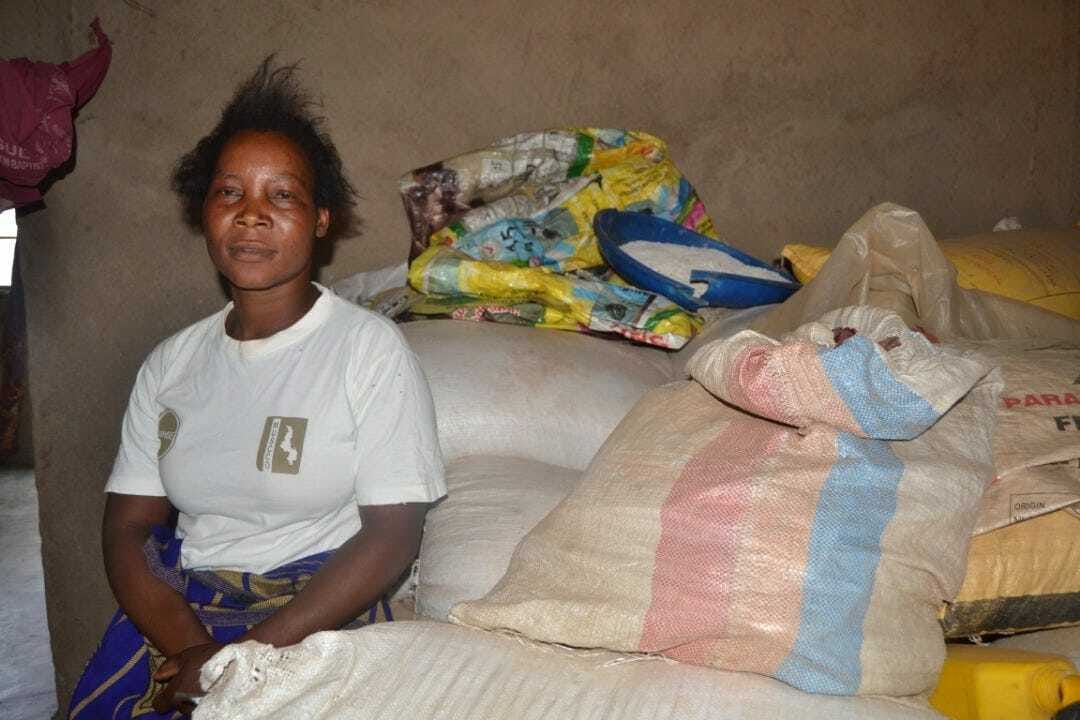
Malawi: When the man she loved and trusted filed for divorce in 2017, Ndilindiyani Kulinji, 42, had no idea where she would get support to care for her three children, writes Watipaso Mzungu.
Kulinji, who is from Majuwa Village in Traditional Authority Kwataine in Ntcheu district, accepted and assumed the unshared responsibility of feeding, clothing, and educating the children reluctantly and without any educational or professional qualification that would enable her to secure employment.
According to various studies, single mothers in Malawi face numerous challenges because they are the primary caregivers in the household and the community.
Clara Anyangwe, a former UN Women Country Representative, once observed that women in Malawi bear a trifold burden of caregiving (reproductive), productive work, and nurturing for infirm or elderly family and community members.
Anyangwe cited women's role in purchasing subsidised farm inputs, where they would spend days and nights travelling to the selling points while carrying underage children with them.
When they are in line, vendors take advantage of vulnerable single mothers by demanding sex in exchange for the sale of inputs to them.
The Malawi Union of Savings and Credit Cooperatives (MUSCCO) is collaborating with Community Based Financial Organizations (CBFOs) such as Village Savings and Loan Associations (VSLAs) to address prevailing gender norms and roles in order to improve women's and girls' participation and position in civil, economic, and social spheres, with financial support from the Financial Access for Rural Markets, Smallholders, and Enterprise (FARMSE) Programme.
In Ntcheu district, for example, MUSCCO is collaborating with Titukulane VSLA to develop a platform for addressing social and cultural norms that limit women's participation in financial spheres.
MUSCCO also supports household food and nutrition security, income and asset accumulation, diversification of livelihood opportunities, gender mainstreaming and women's economic empowerment through household methodologies, climate-smart interventions that increase household and community agency in environmental presentations, and climate change resilience.
So far, the programme has benefited 547, 220 rural CBFO members, including youth. And Kulinji is one of the program's beneficiaries through Titukulane VSLA.
Kulinji told journalists on a tour of FARMSE-supported projects in Ntcheu on Friday that joining the organisation had completely changed her life.
Kulinji went on to say that her membership in Mufuna SACCO makes it easier for her to pay her children's school fees.
According to FARMSE Knowledge Management and Communications Specialist Golie Nyirenda, the programme has set aside approximately K4 billion to support CBFOs across Malawi.
Nyirenda stated that the programme is collaborating with several organisations to achieve its goal, including Heifer, MUSSCO, COMSIP, Action Aid, Malawi Milk Producers Association, DAPP, and Opportunity International Malawi.
Women's equality and empowerment (SDG 5) has been identified by the United Nations (UN) as one of the 17 Sustainable Development Goals (SDGs) aimed at achieving inclusive and sustainable development.
According to the UN, women's and girls' social and economic empowerment also contributes to their ability to pursue their right to a healthy life because it gives them the agency to make decisions that promote their own and their families' health and well-being.